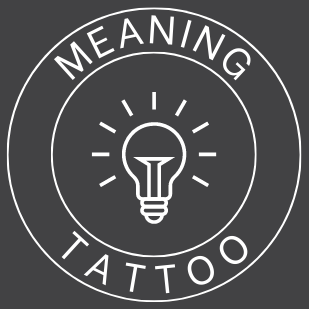African tattoos, an ancient art form, have long captivated people around the globe with their deep symbolic meanings and intricate designs.
These tattoos are not just skin deep; they represent a rich historical tapestry of culture, identity, and spiritual beliefs.
From the coasts of North Africa to the heart of sub-Saharan regions, each tattoo holds a story, a piece of heritage, and a personal or communal significance that transcends time and borders.
Have you ever wondered why African tattoos have sustained their appeal over centuries, or how they differ in meaning across various African cultures?
What makes these tattoos more than just aesthetic designs? These questions open a door to an enthralling world where art meets history, and symbolism intertwines with identity.
In my exploration of African tattoos, I draw upon a wide array of sources: from academic research and historical accounts to interviews with tattoo artists and cultural experts.
This thorough investigation ensures a nuanced understanding of these symbols, presenting a rich blend of perspectives.
My dedication is not only to share knowledge but to deepen our appreciation for the cultural significance behind each line, dot, and pattern inked on the skin.
This article may contain affiliate links. If you click on one of them, we might receive a small commission (at no extra cost to you). Thanks for your support to help us keep this site running!
Quick Summary
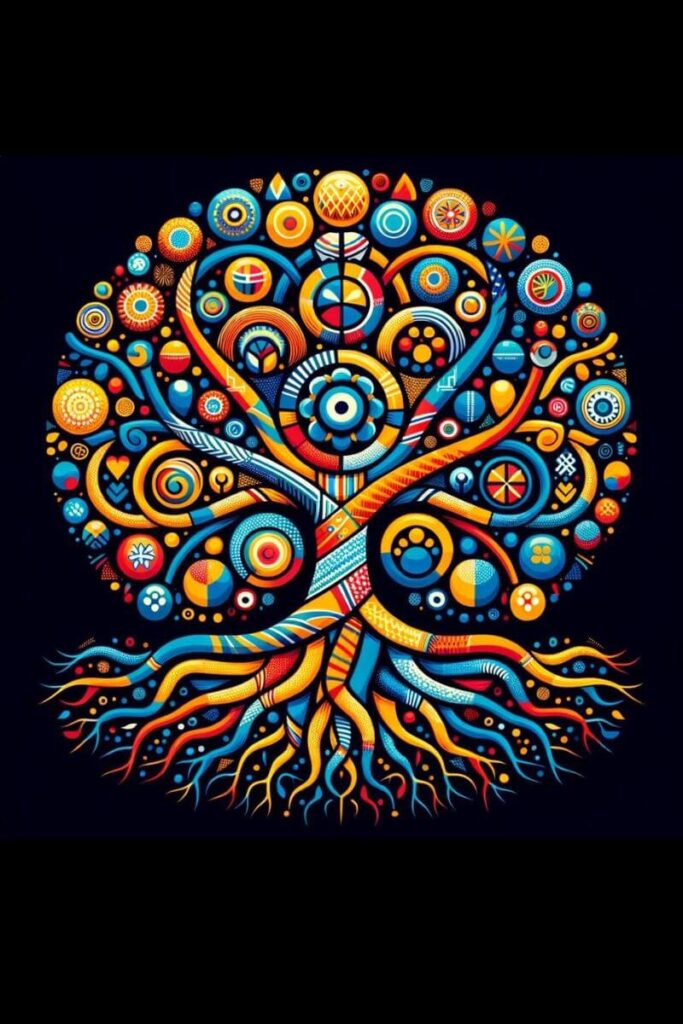
- Overview of the universal appeal of African tattoos.
- Questions about their sustained appeal, differences in meaning, and depth beyond aesthetics.
- Comprehensive research approach for an accurate understanding of African tattoo symbolism.
Table of Contents
What is an African Tattoo?
African tattoos are more than just ink on skin; they are a canvas of cultural expression, telling stories of heritage, identity, and social status.
These tattoos range from simple geometric designs to intricate patterns, each with its own unique symbolism and meaning. But what is the essence of an African tattoo, and how did it evolve over time?
Historically, African tattoos were not merely for beautification. African tribal tattoos served as symbols of social status, tribal affiliation, and rites of passage.
In some cultures, tattoos were believed to provide spiritual protection or even healing properties.
These traditional practices, deeply rooted in African societies, have evolved with time, blending with contemporary aesthetics and new meanings.
African tattoos are diverse, reflecting the continent’s vast cultural landscape.
From the Berber tattoos in North Africa, known for their geometric and symbolic designs, to the intricate scarification practices in West Africa, each style tells a story of its own.
They are a testament to the rich and varied cultural fabric of Africa, an embodiment of its history, and a reflection of its evolving identity.
African Tattoo Facts
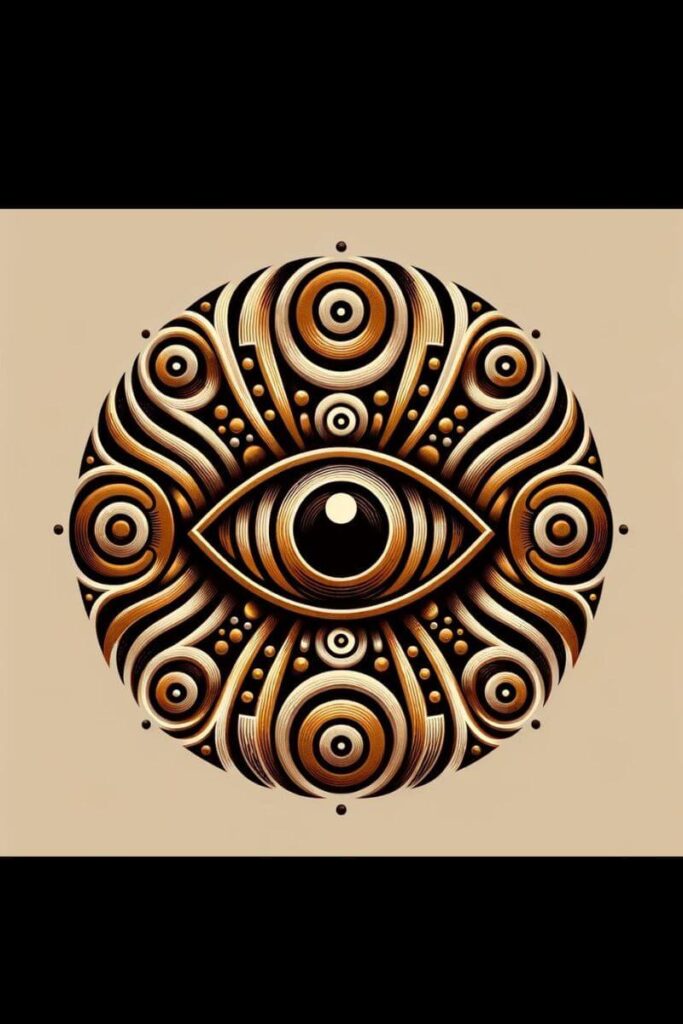
- Historical Significance: Traditionally used for social, spiritual, and tribal identification.
- Geographical Diversity: Styles vary from North Africa’s Berber tattoos to West Africa’s scarification.
- Modern Adaptation: Contemporary African tattoos blend traditional elements with modern aesthetics.
- Cultural Preservation: Tattoos are a means of preserving African heritage and storytelling.
- Global Influence: African tattoo designs have influenced global tattoo artistry, reflecting an increasing appreciation of African culture.
- Spiritual Connection: In some cultures, tattoos are believed to have spiritual or healing powers.
- Artistic Expression: Each tattoo is a unique artistic expression, reflecting individual and communal identities.
These facts highlight the depth and breadth of African tattoos, illustrating their role beyond mere body art to that of cultural carriers and artistic statements.
African Tattoo Symbolism and Meanings
African tattoos are imbued with deep symbolism, varying significantly across different cultures and regions.
In North Africa, the Berber tattoos often symbolize health, fertility, and protection against evil spirits.
These designs, comprising dots, lines, and geometric shapes, are rich in cultural significance, passed down through generations.
In sub-Saharan Africa, tattoos often tell stories of courage, community status, or personal achievements. For example, in some cultures, warriors wear specific tattoos symbolizing bravery and strength.
Similarly, in other communities, tattoos mark important life stages such as adulthood, marriage, or parenthood.
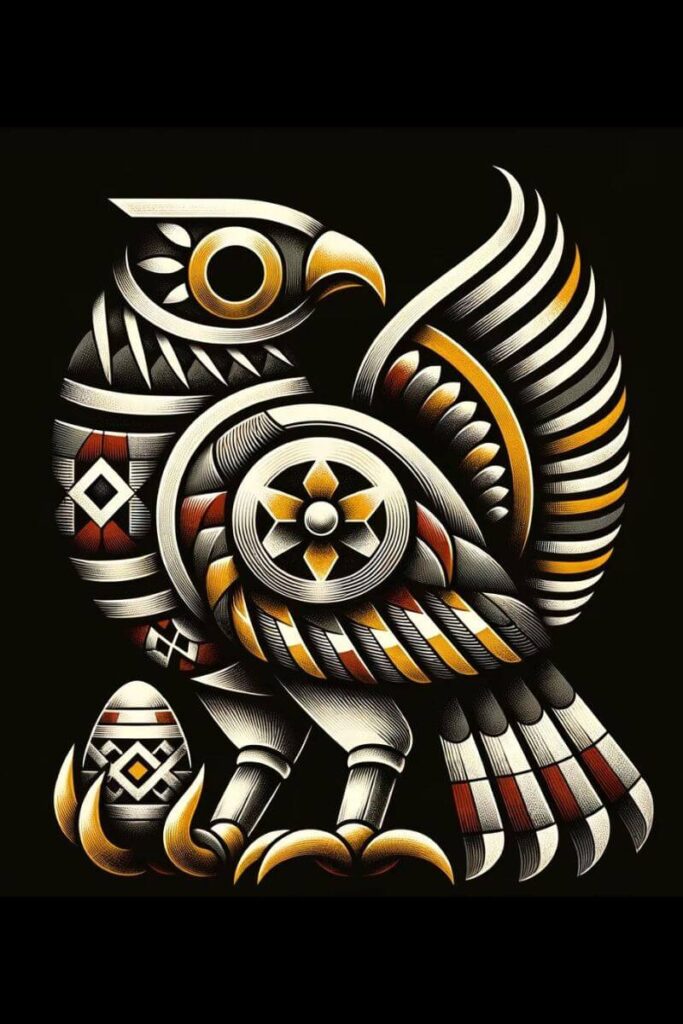
The Sankofa Adinkra symbol from Ghana, represented as a bird looking backward, is a popular tattoo design symbolizing the importance of learning from the past.
Similarly, other Adinkra symbols, each with unique meanings like wisdom, unity, and perseverance, are widely used in tattoos.
The diversity of these symbols across the African continent reflects not only a rich artistic heritage but also a complex web of societal values and beliefs.
Meaning of African Tattoos in Different Cultures
The interpretation of African tattoos varies significantly between Eastern and Western cultures. In the West, these tattoos are often appreciated for their aesthetic value and as a symbol of connection to African heritage.
However, they might lack the depth of cultural and historical context inherent in their place of origin.
In contrast, in African cultures, these tattoos carry a deeper communal and personal significance. They are not just artistic expressions but are deeply intertwined with the individual’s identity, social status, and spiritual beliefs.
For instance, in some East African communities, tattoos are a rite of passage, symbolizing the transition from childhood to adulthood.
In contemporary culture, African tattoos have also found their way into pop culture and media, often symbolizing strength, heritage, and resilience.
They serve as a source of inspiration for people around the world, connecting them to the rich tapestry of African history and culture.
African Tattoo Spiritual and Mythological Meaning
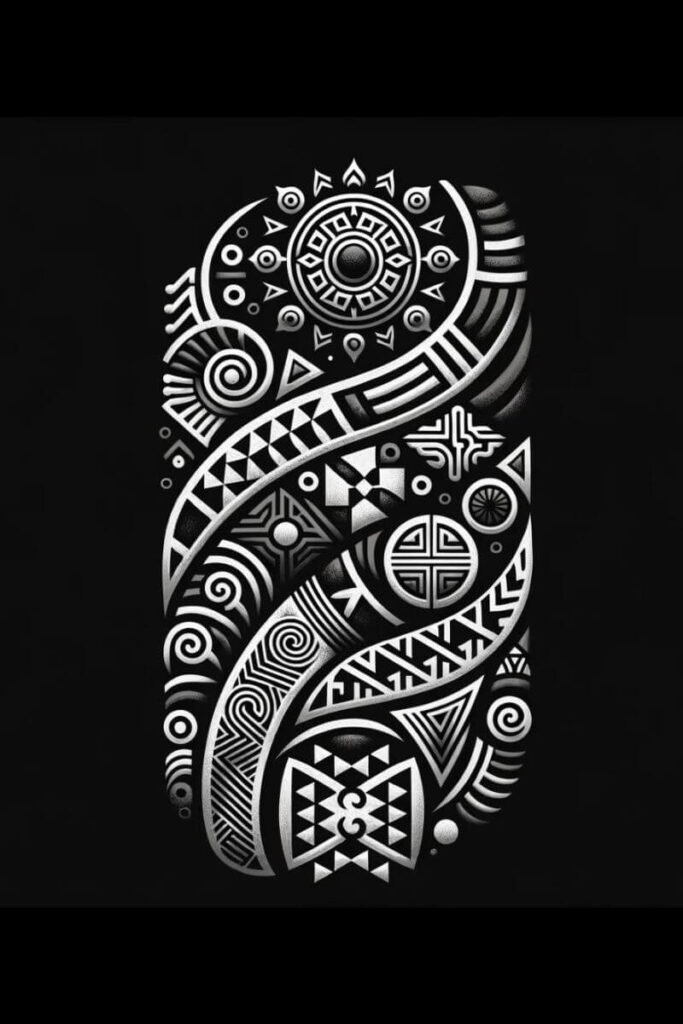
African tattoos are deeply rooted in the spiritual and mythological traditions of the continent. Many designs are derived from ancient myths or symbolize religious beliefs.
For example, tattoos depicting the ancient Egyptian deities like Anubis or Isis carry profound spiritual meanings, often associated with protection, guidance, and the afterlife.
In some African tribes, tattoos are believed to have mystical powers, offering protection against evil spirits or bad luck.
The symbols used in these tattoos are often derived from tribal folklore, carrying stories and lessons passed down through generations.
The spiritual connection in African tattoos is not just limited to ancient or tribal cultures. Even in contemporary African societies, tattoos can represent personal spiritual beliefs or connections to ancestral heritage.
This aspect of African tattoos offers a rich ground for exploration, revealing a world where art and spirituality intersect.
African Tattoo Meaning
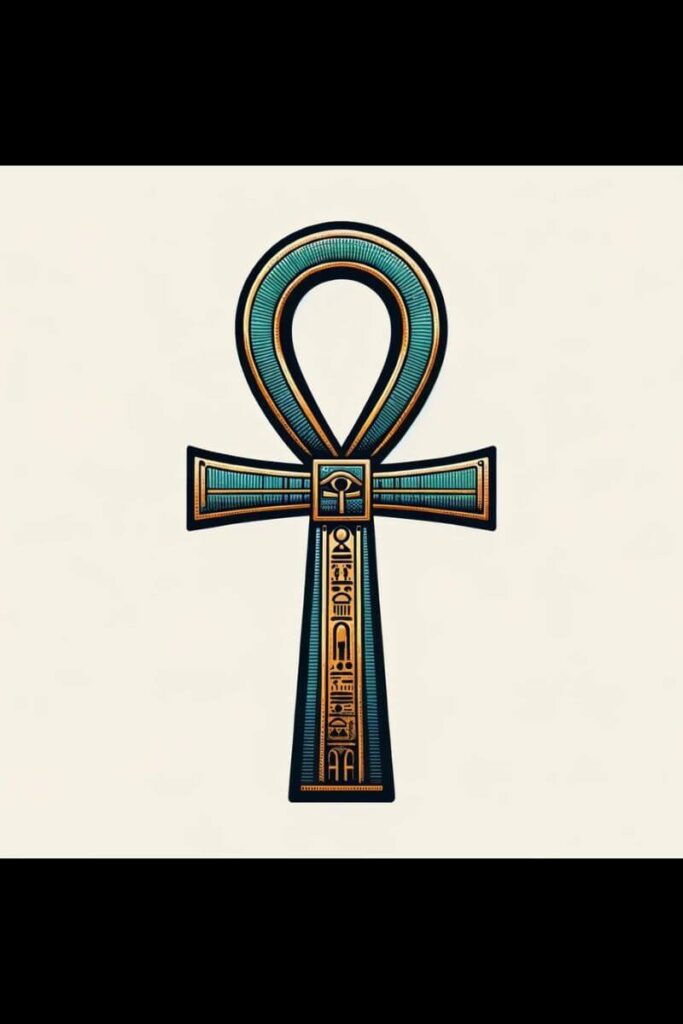
When it comes to African tattoos in the context of tattoo art, each design carries its specific meanings:
- Strength and Courage: Often represented by warrior symbols or animals like lions, these tattoos embody bravery.
- Unity and Community: Tattoos with interlocking patterns or communal symbols signify belonging and unity.
- Ancestral Connection: Designs that symbolize heritage and roots, such as the African continent or specific tribal markings.
- Spiritual Protection: Symbols like the Ankh or eye of Horus offer spiritual guidance and protection.
These meanings highlight the complexity and depth of African tattoo art, offering a glimpse into the continent’s rich cultural and spiritual landscape.
Please note that the information on tattoo meanings in this blog is for general guidance only and not a substitute for professional advice. Tattoo symbolism can vary greatly, and we recommend consulting with qualified experts to understand the significance and appropriateness of any design before proceeding.
